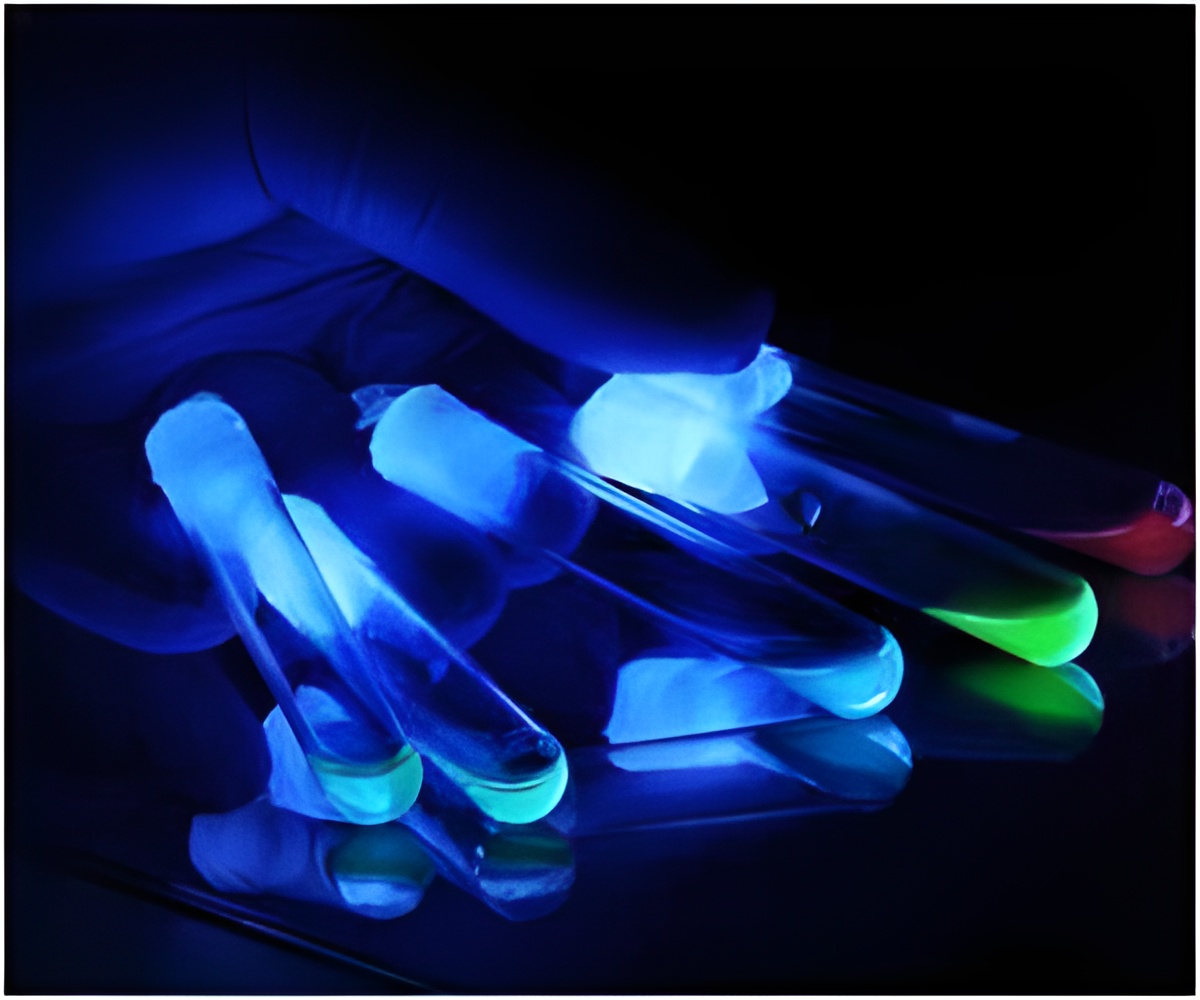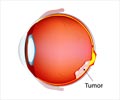Development of a long-sought new way to detect the activity of proteins that bind to the DNA in genes is being reported by scientists.

Kevin Plaxco, Francesco Ricci and colleagues note that more than 10 percent of the 25,000-30,000 genes in the human body contain instructions for manufacturing these so-called DNA-binding proteins. Most of these proteins are master regulators called transcription factors (TFs). They start or stop the first step in the process in which gene's instructions are put into action. TFs bind to DNA and turn genes on or off. Understanding and measuring the activity of TFs is important because they are involved in health and disease, with many linked to cancers, for instance. With existing ways of detecting the activity of TFs being slow and cumbersome, the scientists set out to overcome that barrier.
The scientists describe development and successful tests of fluorescent sensors that they term "transcription factor beacons." The beacons signal the activity and concentration of TFs directly in biological samples by switching from a dark state to a fluorescent state upon binding to their specific TF. Using TF Beacons is simpler and works faster than current methods, and the scientists say TF beacons may have multiple uses in diagnosing cancer, searching for new cancer drugs and other areas.
Source-Eurekalert


![Prostate Specific Antigen [PSA] & Prostate Cancer Diagnosis Prostate Specific Antigen [PSA] & Prostate Cancer Diagnosis](https://images.medindia.net/patientinfo/120_100/prostate-specific-antigen.jpg)











